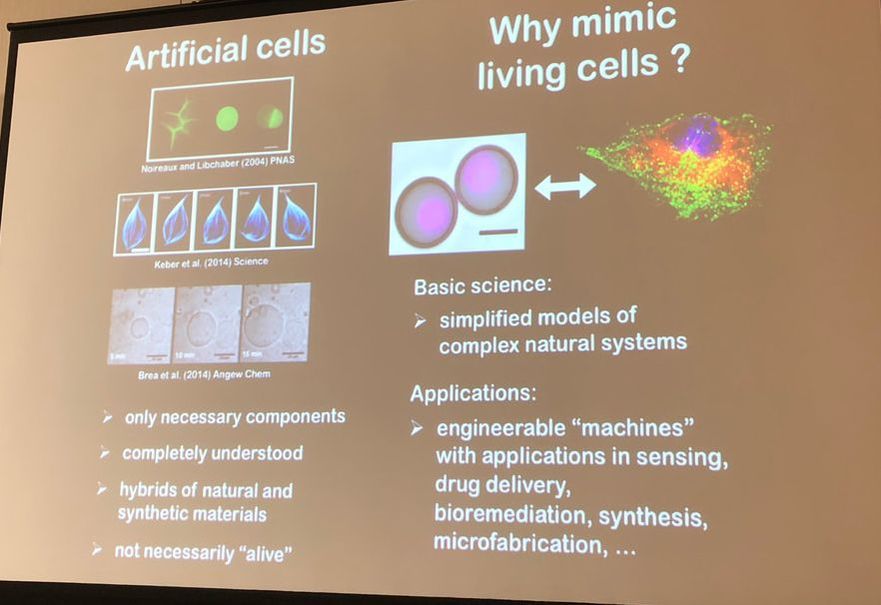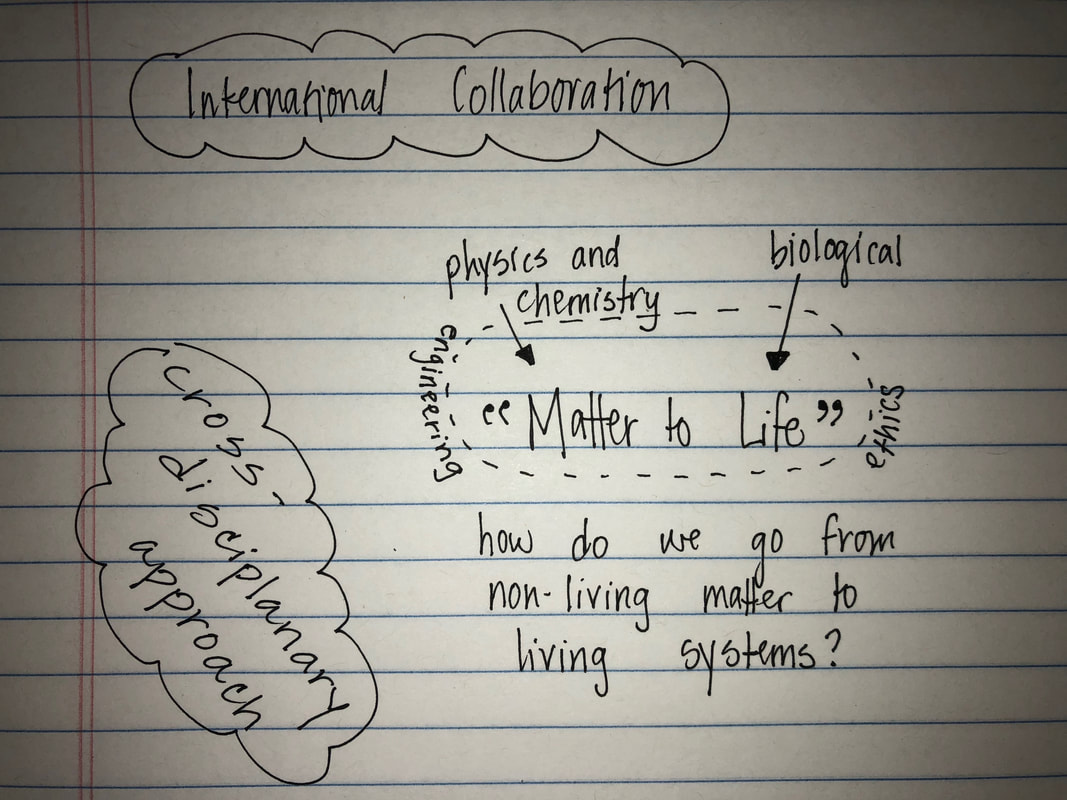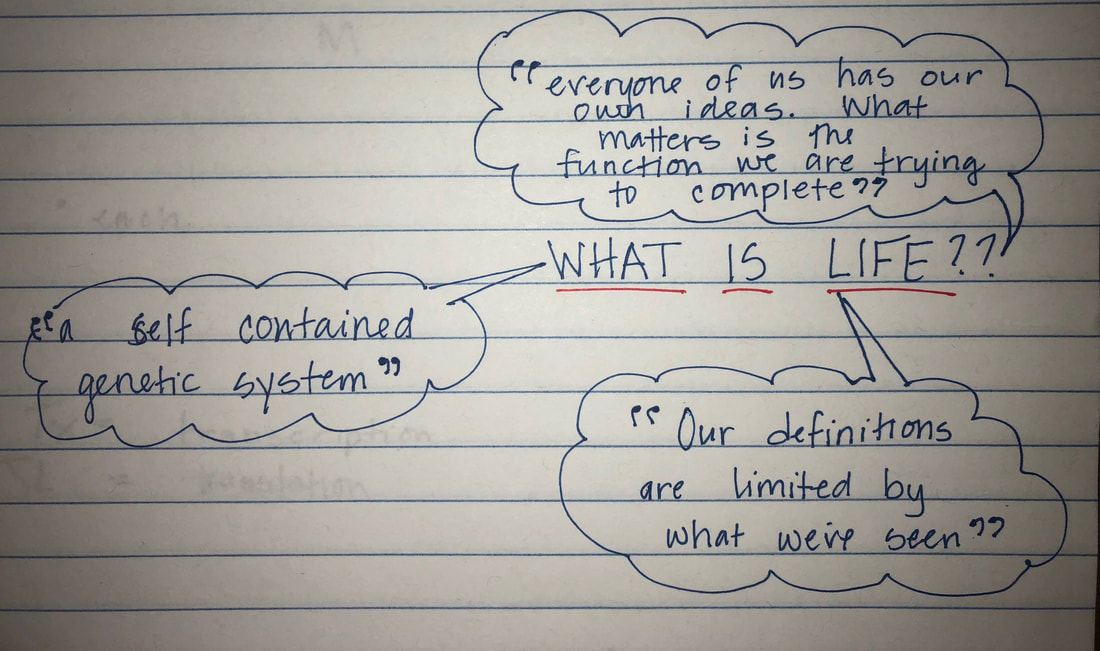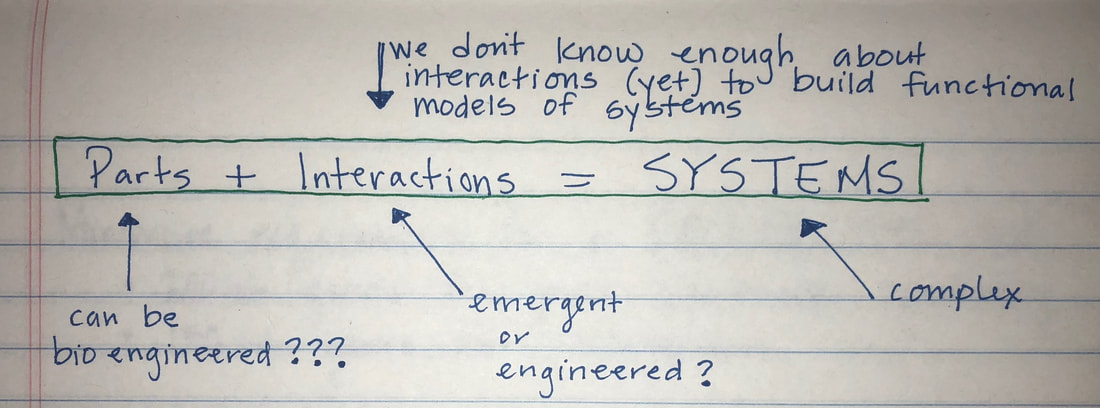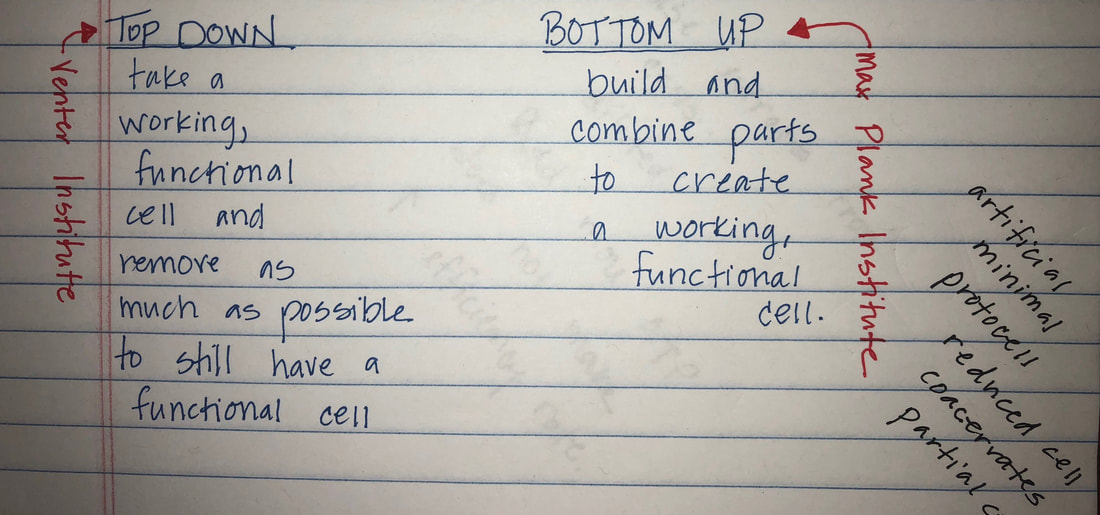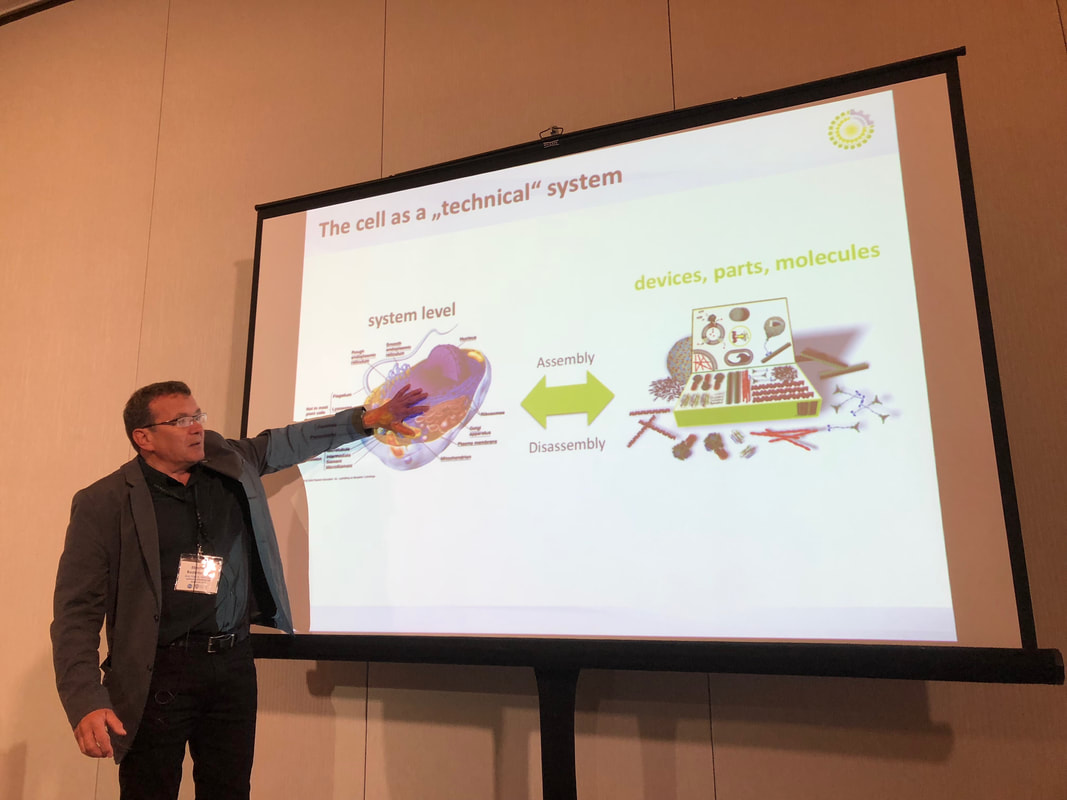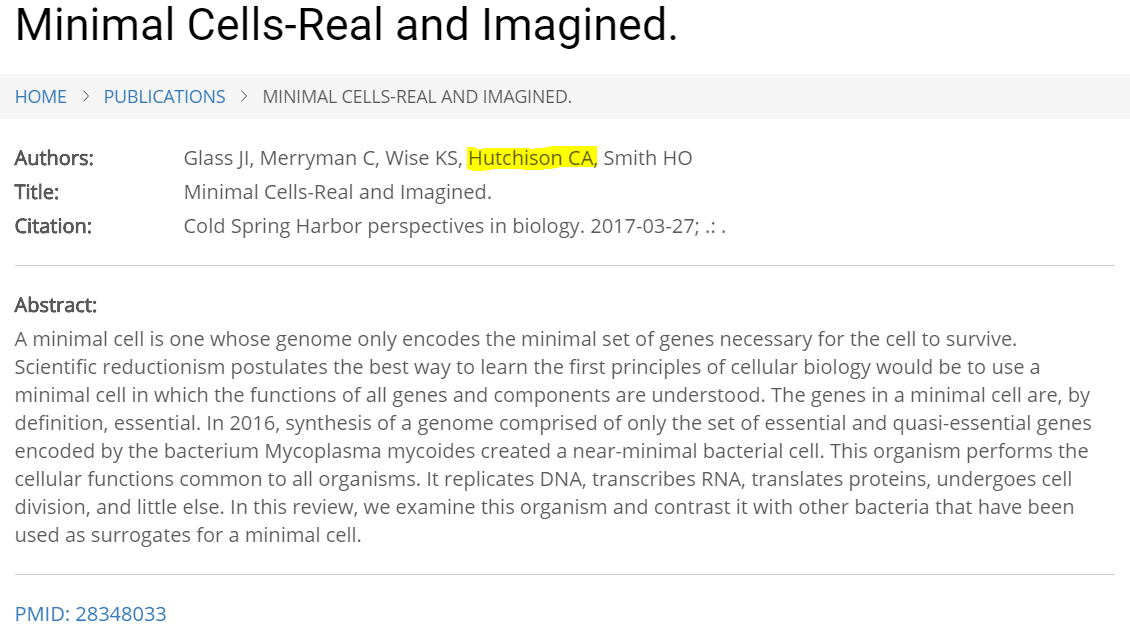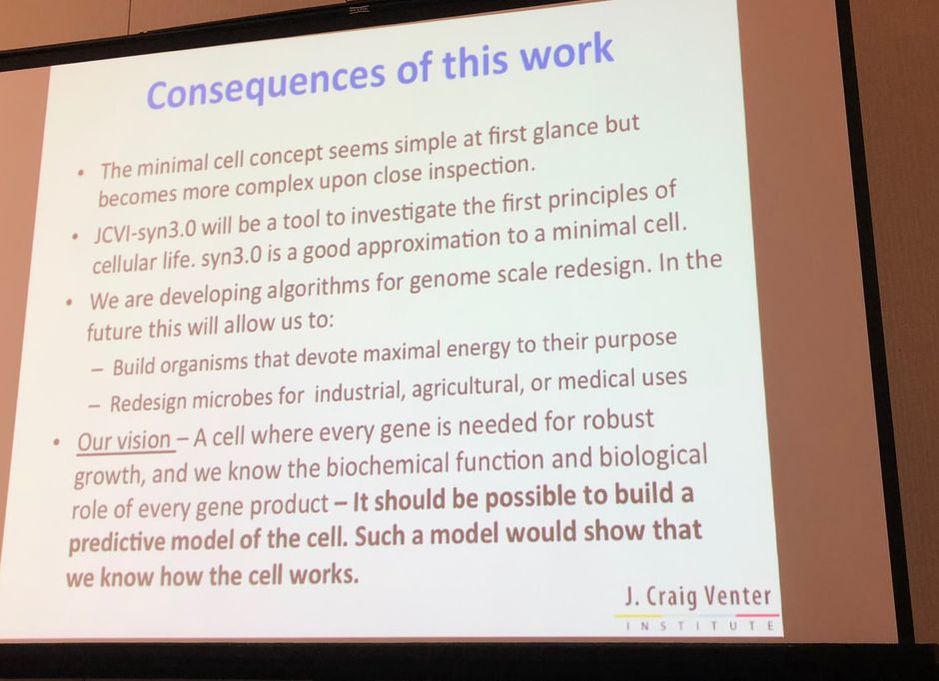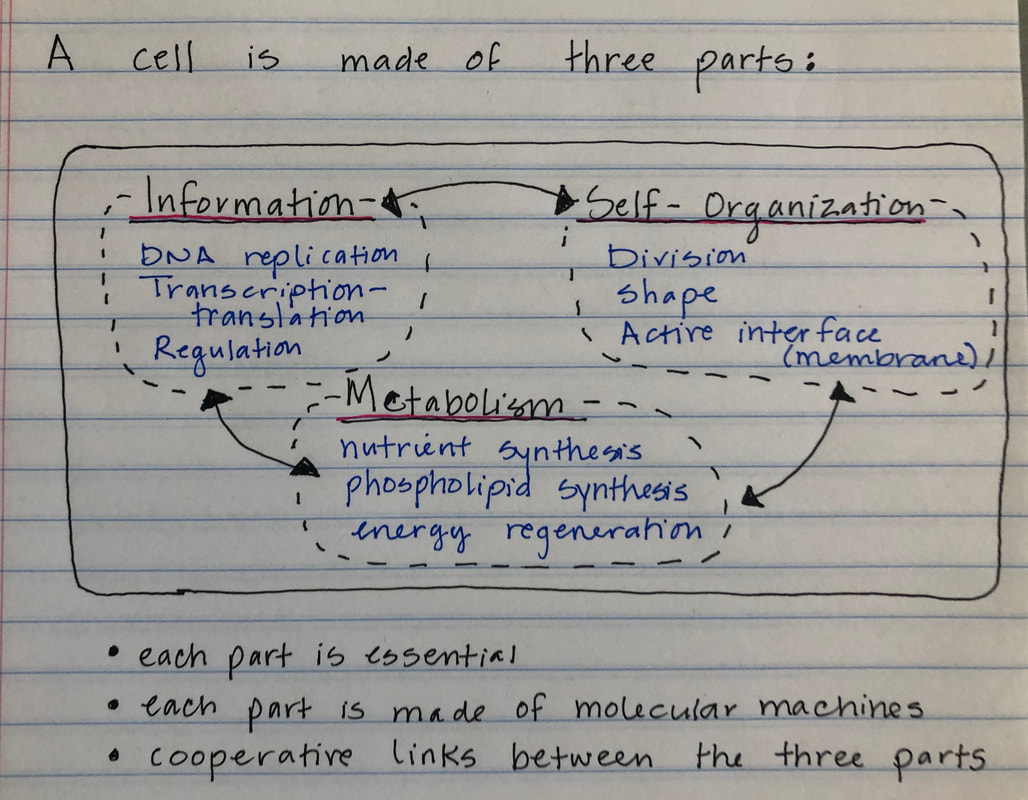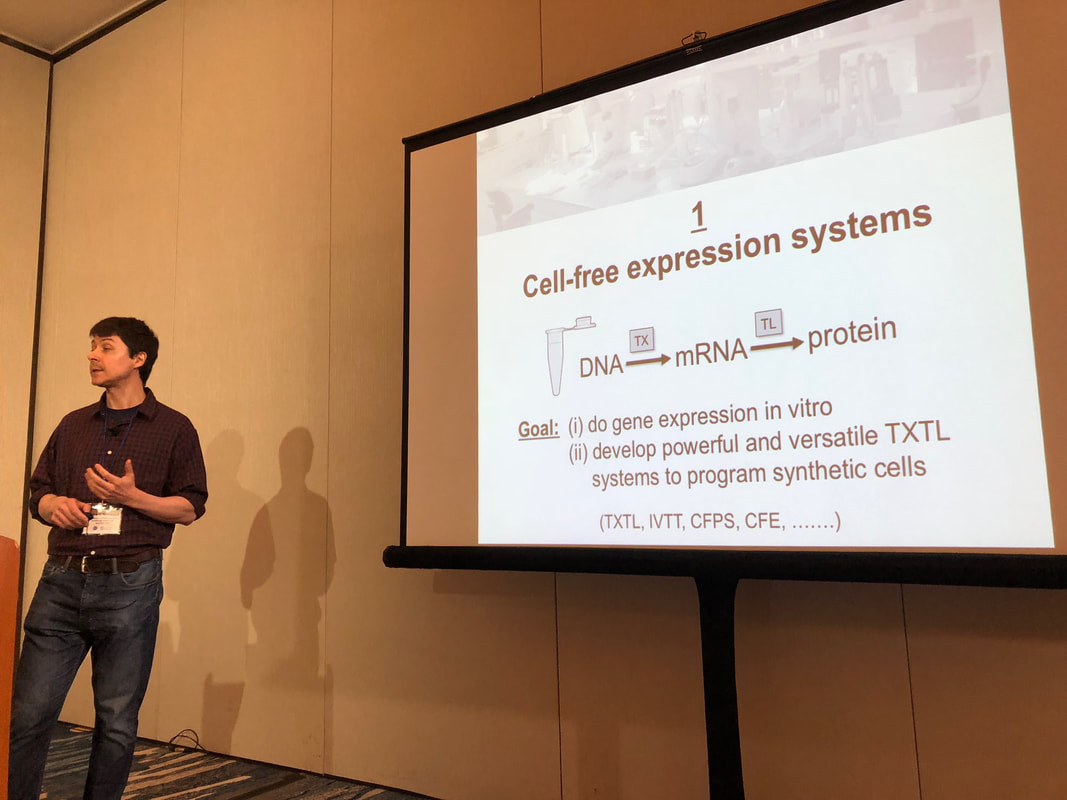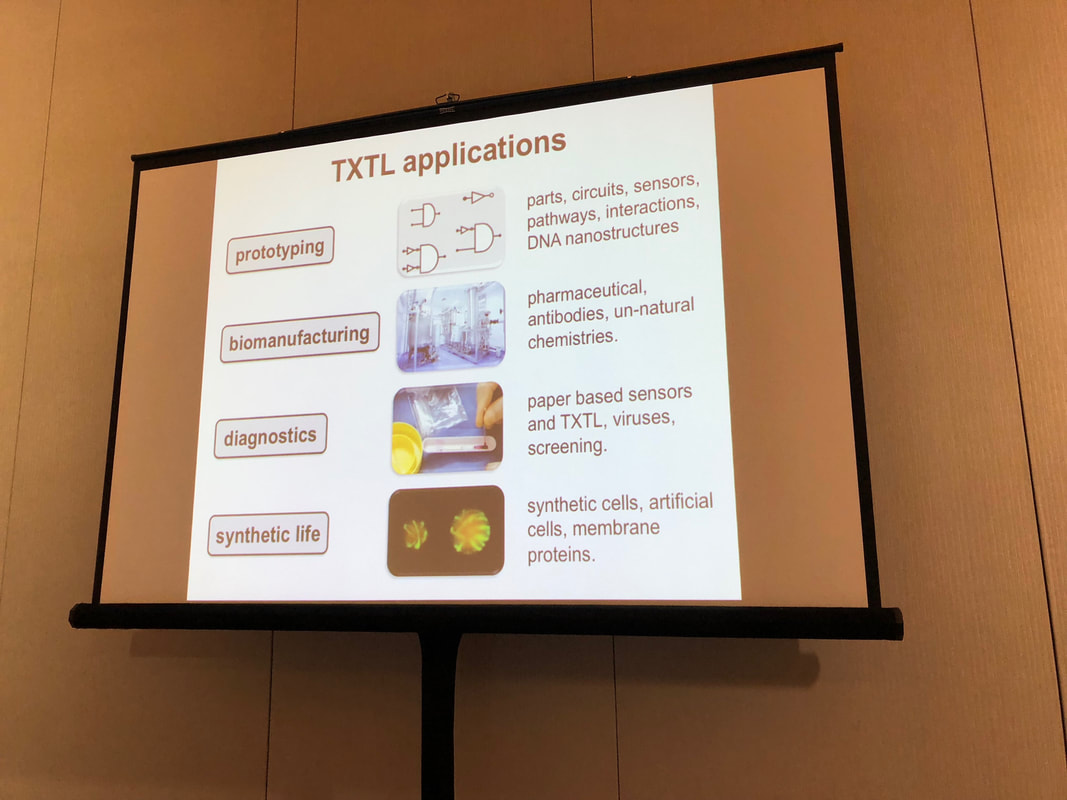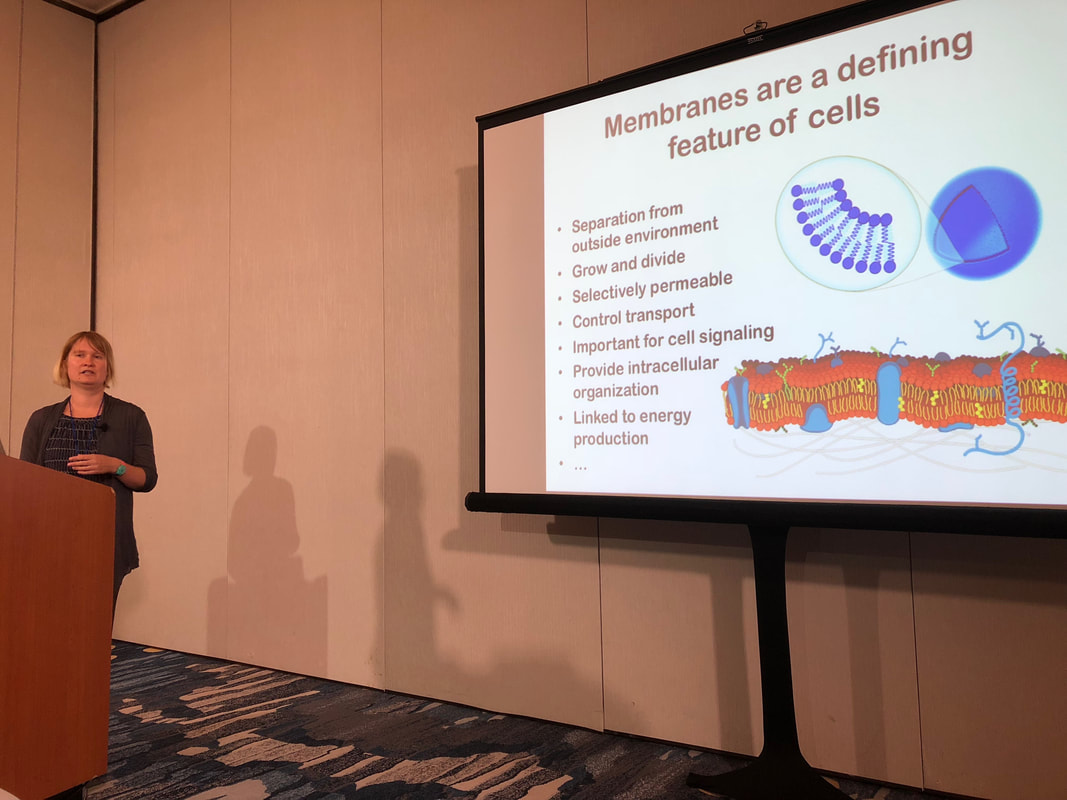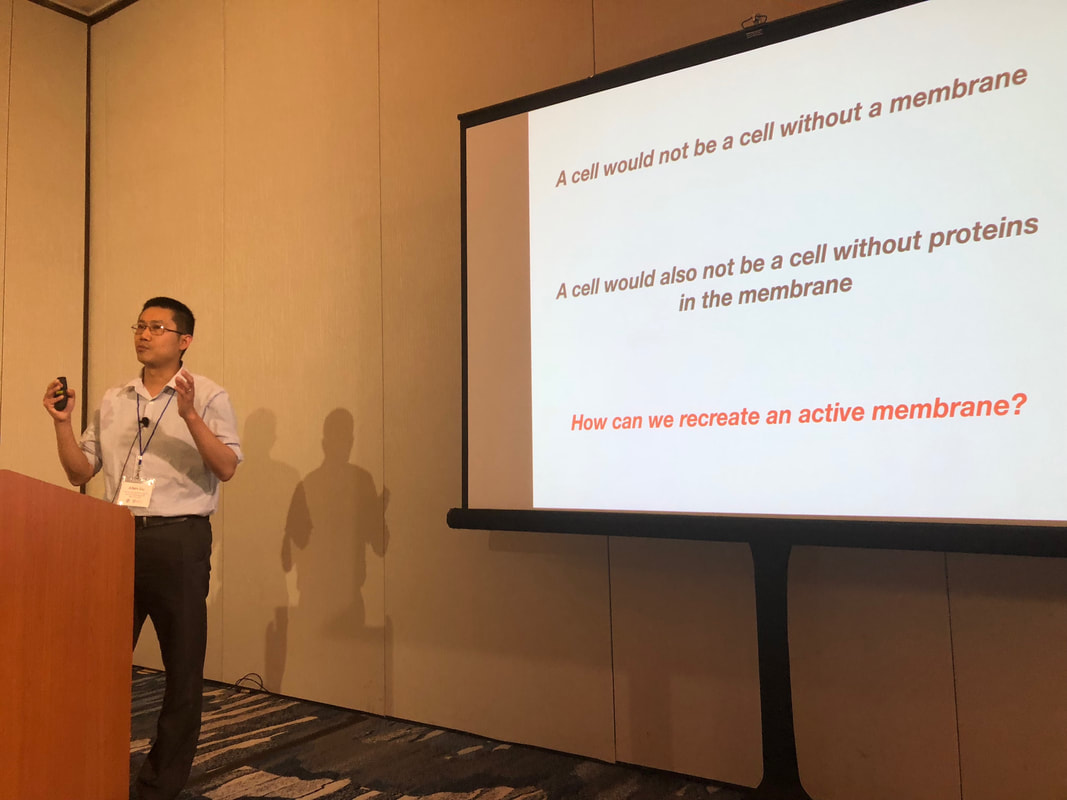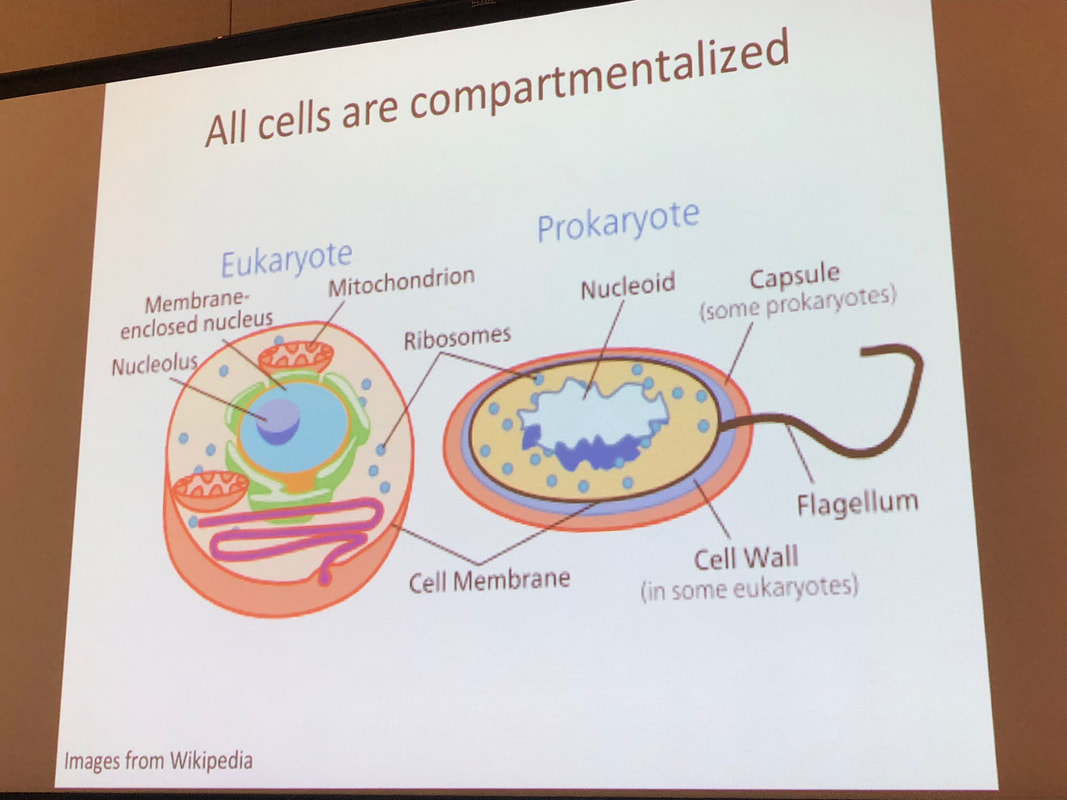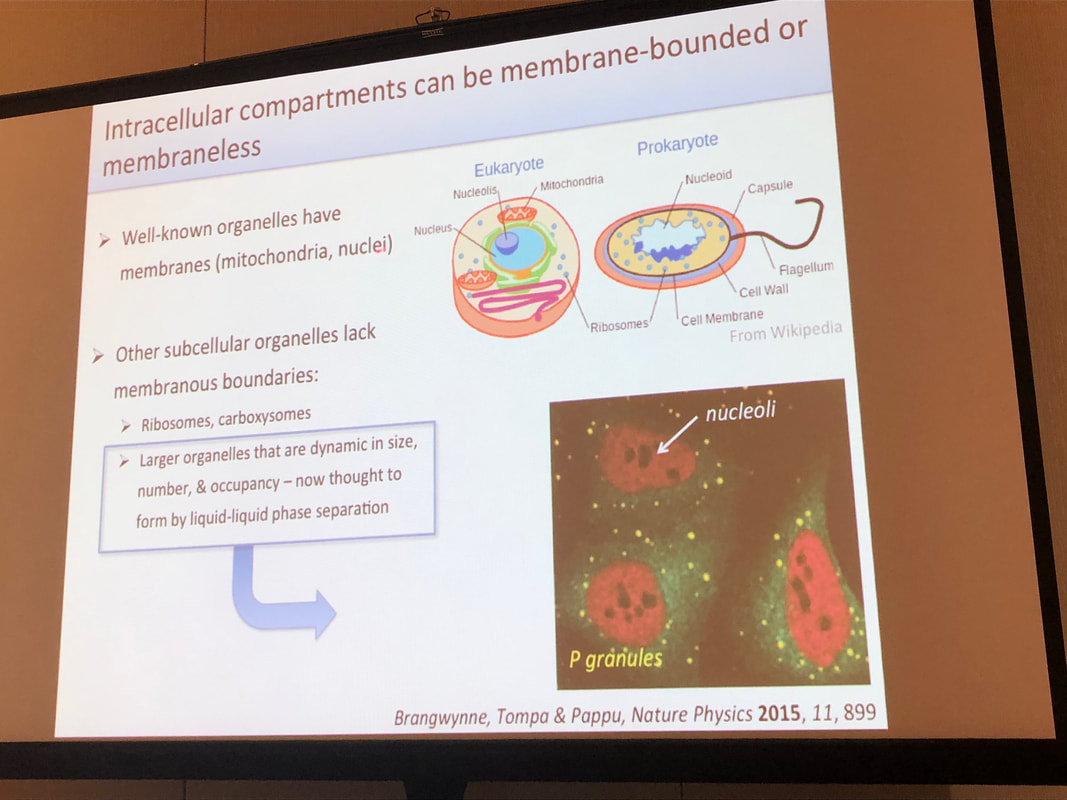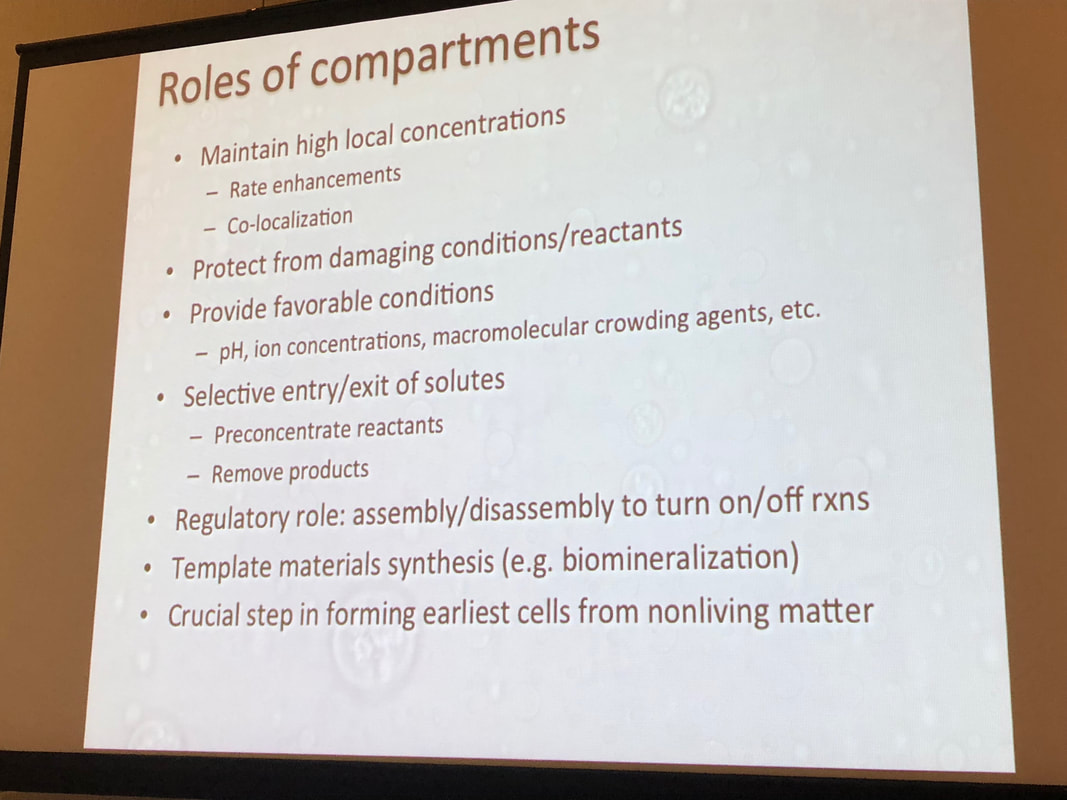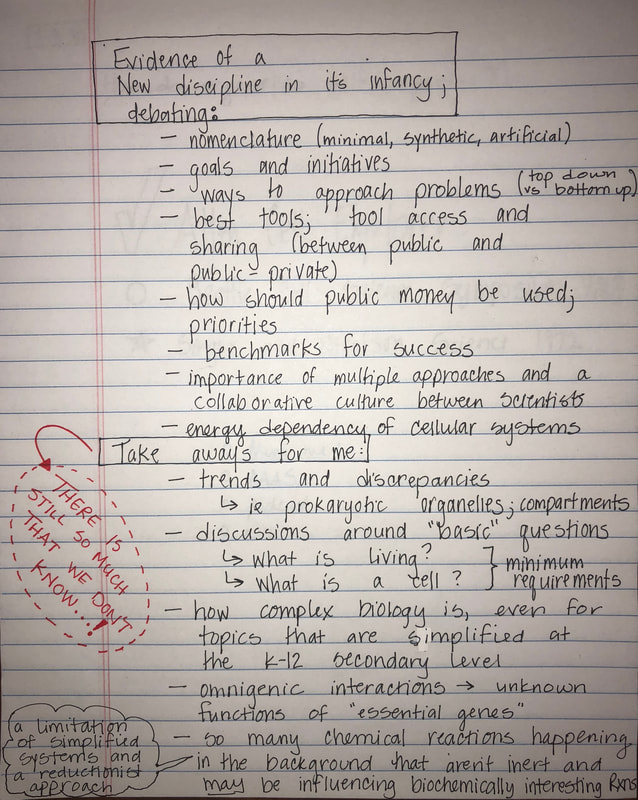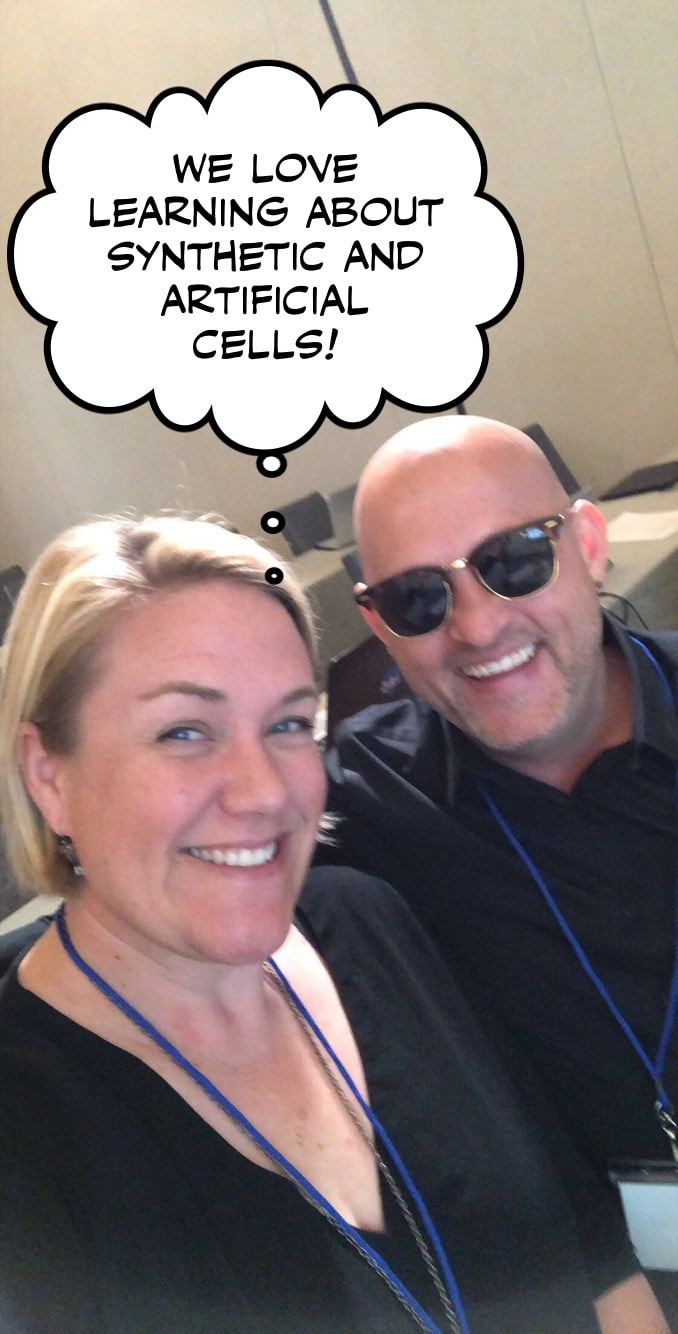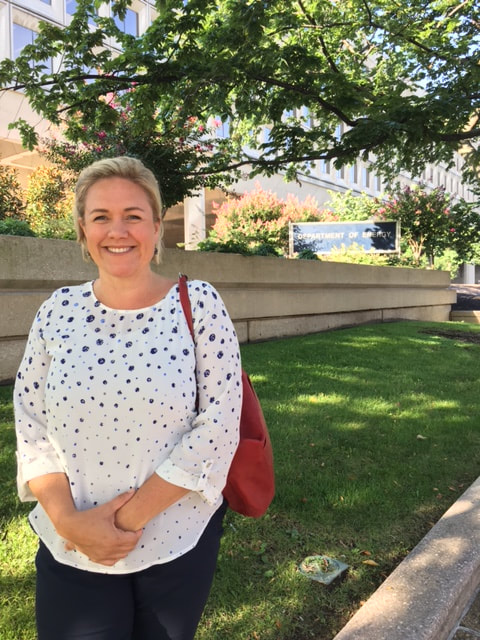|
So few teachers who specialize in a discipline ever have the opportunity for professional development that focuses on the content of the discipline. For example, I teach biology and I love biology, but until this fellowship year I haven't had the time, money or opportunity to focus on learning more BIOLOGY. I've been to plenty of conferences and district sessions about how to teach biology, but not had the opportunity to actually focus on advancing my own biological content knowledge. Now don't get me wrong, I am not suggesting that my biological knowledge hasn't advanced since I graduated with my biology degree nearlytwenty years ago; far from it. I make a concerted effort to remain up to date in the field. For example, I am a biology news geek, I am sure to take time daily to read the newest articles about advances and discoveries (which I share on Twitter #ibbio and post to my website topic pages). For me, probably the best part of being an Albert Einstein Distinguished Educator Fellow is the opportunities I've had to advance my own biological content knowledge and to witness firsthand the scientific process in action. I've previously written about a couple of these opportunities. This week I was able to attend the Synthetic and Artificial Cells workshop, a gathering of about 25 cell biologists from the USA and Europe who are interested in building an artificial cell or models of cellular processes in order to understand the nature of how cells work and to develop applications such as pharmaceutical drug delivery systems. As the National Science Foundation deputy director for Biological Science said in the introduction to the workshop, "we've spent decades taking cells apart; now we need to determine how to put it all together." Some big idea questions can be answered by trying to make synthetic cells (or cell processes ex vivo):
Throughout the conference I took lots of notes. I was especially intrigued the some of the conversations that mimic those held in my classroom. Questions such as:
There are two main approaches to creating synthetic cells, the "top down" approach and the "bottom up" approach. Some of the researchers (i.e. Dr. Hutchinson) were focused on one approach while others were focused on the structures and functions of sub-cellular components. A highlight of the workshop was hearing from Clyde Hutchison, a well known and respected biologist from the J. Craig Venter Institute. Dr. Hutchison discussed his teams progress on creating a minimal bacterial cell which contains only the core machinery for life. Following a "design --> build --> test" model, the team is systematically removing genes from Mycoplasma bacteria and observing the phenotypic effects on the cells ability to sustain life. They started with a bacteria that contained 901 genes (1079 bp) and by "Syn 3.0" have created a living cell that now has 473 genes (531 bp). Fascinatingly, the minimal viable cells contains 65 genes that are essential for life but who's function is unknown! Additionally, the implications of OMNIGENIC was discussed. The idea of omnigenics is that in reality, no single gene has a single function - there is complexity in the interactions of the genes and gene products. Proof that we still have a lot to learn in biology. Dr. Hutchison was sure to use language to suggest his team had created "A" minimal cell, not "THE" minimal cell. The genome required of a minimal cell will depend on the medium on which the bacteria is growing. In other words, a minimal cell genome size for a bacteria grown in one media will be different than the minimal cell genome size for a bacteria grown in another media. That said, the minimal cell as described by Dr. Hutchison was a big breakthough and will continue to influence the future of the field. The J. Craig Venter Institute is using a "Top Down" approach to building a minimal cell. All of the other presenters at the workshop were focused on a "Bottom Up" approach in which they were focused on creating synthetic or artificial structures and/or processes of cells. There were scientists who focused on the INFORMATION aspect of a cell (cell-free transcription and translation) and others focused on the SELF-ORGANIZATION (creating artificial cell membranes). One thing I learned was about cellular compartmentalization. I had learned, and the IB Biology curriculum suggests, that prokaryote cells aren’t compartmentalized. However, I heard multiple times over the course of this conference about prokaryote compartments (not necessarily membrane bound). For example, one person said “In prokaryotes, the nucleiod is considered a phase separated compartment.” I was curious about phase-separation, so I looked it up and found this great summary. Throughout the workshop there was a vigorous dialogue between the scientists about the nomenclature around the terms minimum, synthetic and artificial in relation to biology and bio-engineering. It was clear that I was witnessing the birth of a new scientific discipline. I summarized a full page of my take aways from the sessions:
|
Archives
July 2018
|
I give many of my IB Biology resources away, for the benefit of students and teachers around the world.
If you've found the materials helpful, please consider making a contribution of any amount
to this Earthwatch Expedition Fund.
Did I forget something? Know of a mistake? Have a suggestion? Let me know by emailing me here.
Before using any of the files available on this site,
please familiarize yourself with the Creative Commons Attribution License.
It prohibits the use of any material on this site for commercial purposes of any kind.
If you've found the materials helpful, please consider making a contribution of any amount
to this Earthwatch Expedition Fund.
Did I forget something? Know of a mistake? Have a suggestion? Let me know by emailing me here.
Before using any of the files available on this site,
please familiarize yourself with the Creative Commons Attribution License.
It prohibits the use of any material on this site for commercial purposes of any kind.
